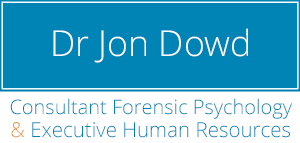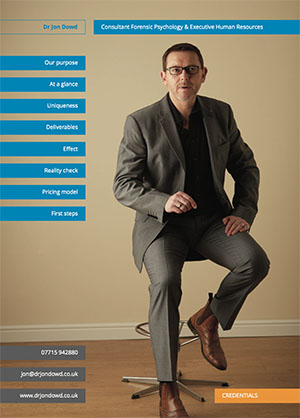Challenge or threat?
Monday, March 07, 2016

The answer to this is down to whether we give more weight to the problem, or to the solution.
Our ability to accurately assess risk is a vital psychological characteristic in terms of staff acquisition… and yet is rarely assessed.
This is because it falls into the category of specialist questioning; and isn’t incorporated into the average staff interview or staff review.
Specialist, as in… Pilot training for example:
Two questions asked of pilots going into an ‘engine fail simulation’ are:
• How demanding do you expect the task to be?
• How able are you to cope with the demands of the task?
(The British Psychological Society_Research Digest_July 2015)
Instinct might suggest that the answer to both questions is, “I don’t know till it happens.” Definitely not!
The answers should be known and balanced - regardless of whether the task proves to be small or great, your ability to cope should absolutely match it.
American pilot, Chesley Sullenberger, didn’t know exactly what he was going to do when he experienced double engine failure over the Hudson River. But he knew he’d cope and utilise the very best resources to hand.
Although it generally follows that the more experience a person has of something, the better they become at it; the truth is that, regardless of experience, we must judge challenges with balance.
It’s exactly the same in business situations.
Problems and their solutions
Financial high-risk organisations and HNWI’s live in a pressured world - the consequences of a mistake can be great, the ripple-effect can be extensive and the reputational damage can be irreparable.
Staff employed to work in such environments must remain cool, calm and collected under the unpredictable stresses that could come their way.
Your staff and associates must, therefore, see challenges, not threats.
They must be able to meet problems head on, and not crumple under the pressure.
In interview, when asked, a potential employee will naturally be positive about their abilities… but what’s the actual truth?
Dr Jon Dowd has more than 30 years’ experience of assessing people’s future strengths and weaknesses.
This is, without question, the future of staff assessment in high-risk organisations.
Look Further | Protect further








0 comments